Tripod
While it can seem daunting to haul a tripod along with you when hitting the road for a multi-day hike, tripod technology in recent years has seen models becoming extremely light and small enough to fit inside most small backpacks. Essential for any serious landscape photographers or wildlife photographers using long lenses, tripods offer stability to avoid camera shake as well a place to rest those heavy telephoto lenses when waiting for wildlife to emerge.
For the lightest tripod available, look for a carbon fibre model like this one. Shop Tripod
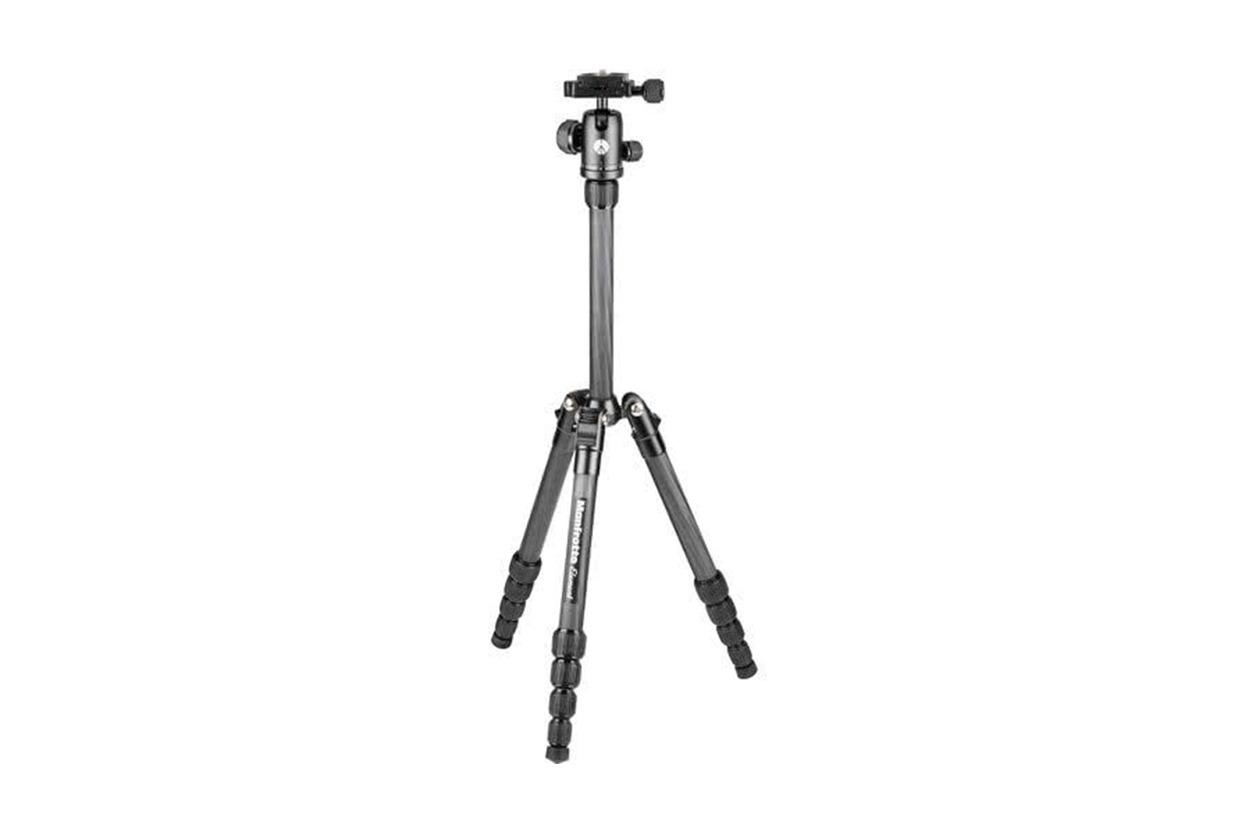
1
Polarising Filter
When hiking on sunny days by the ocean or lakes, reflections and glare can cause unwanted effects like chromatic aberration in our images. This can hugely impact image quality, reduce contrast and even saturation. A great way to avoid this is to use a good circular polarising filter. Circular polarising filters work by filtering out unwanted reflections and aberrant light with one of the main benefits being that skies appear much more blue, much more dense and far more vivid. On a day with a few puffy white clouds in the sky this will go a long way to make for those dramatic skies you see in the best landscape photographers’ work. And it looks stunning when you convert the image to black and white like the feature image at the top of the page. Shop Filter
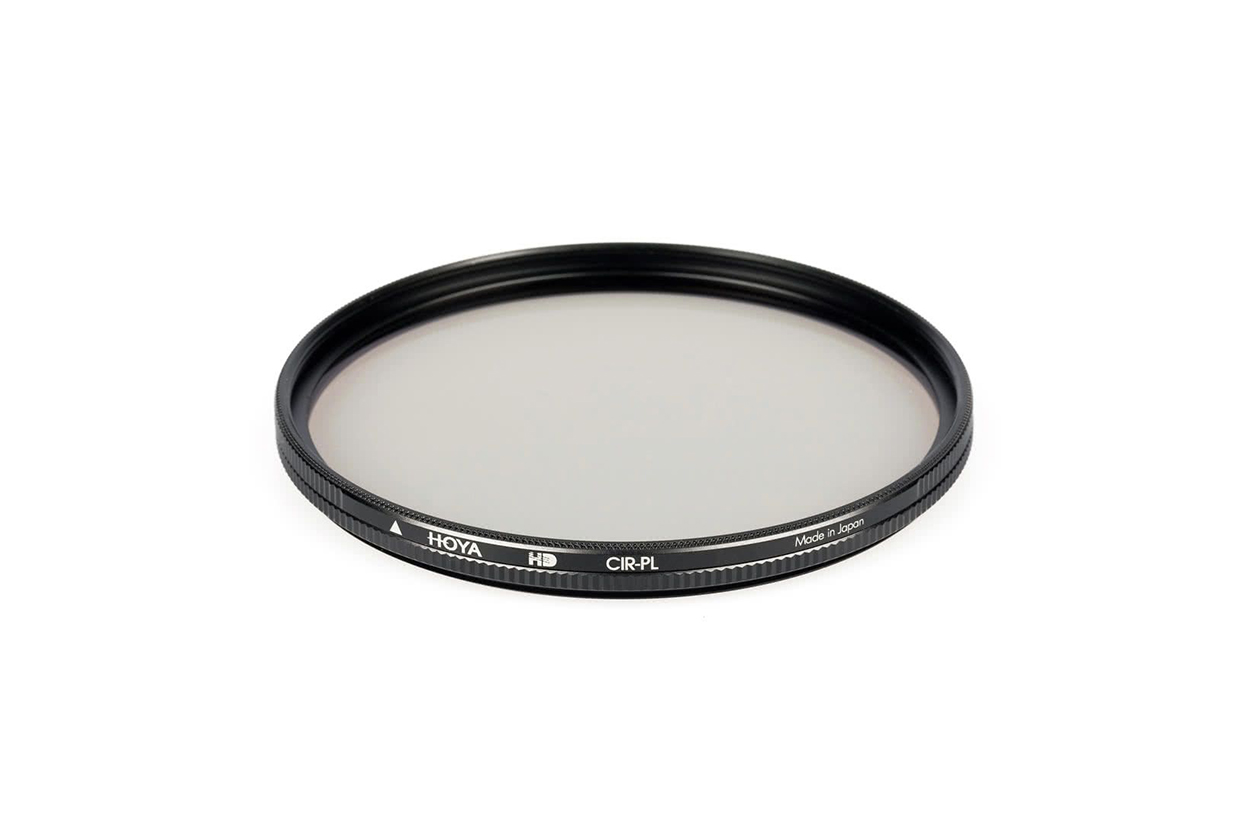
2
Rocket Blower
Probably the cheapest item on the list but perhaps the most crucial to keeping your image files looking good, is the humble rocket blower. Simply a pump with an elongated nozzle, this little contraption will help you to literally blow dust off your lenses and sensor, helping to avoid those pesky dust marks that can appear when in your editing phase. For best results when cleaning your sensor; wait until you are in a dust-free area, take the lens off your camera, invert your camera body and blow air straight onto the sensor. Being sure to avoid hitting the sensor with the rocket blower (or anything else!). Shop Rocket Blower
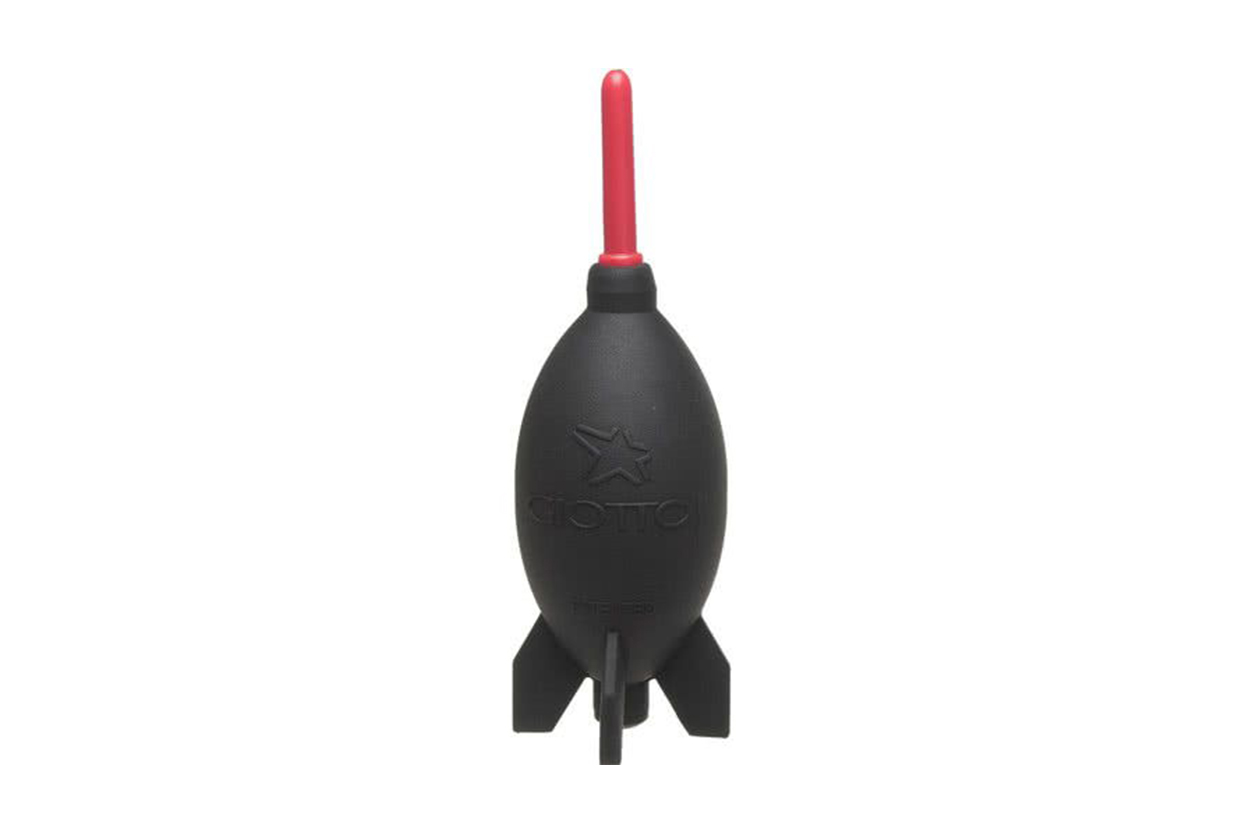
3
Bluetooth Remote Control
When shooting at night or using longer shutter speeds on a tripod, even the simple act of pressing the shutter button with your hand can cause camera shake and unwanted blurred images. A great way to avoid this is to invest in a bluetooth or wired remote control. This allows you to trigger the shutter without physically touching the camera and therefore maximise image sharpness. Another great benefit to these devices is that they allow you to “lock” the shutter open for extended periods of time - taking your shutter speeds beyond the 30 or 60 seconds often limited by your camera. This one is a must-have for astrophotographers! Shop Bluetooth Remote
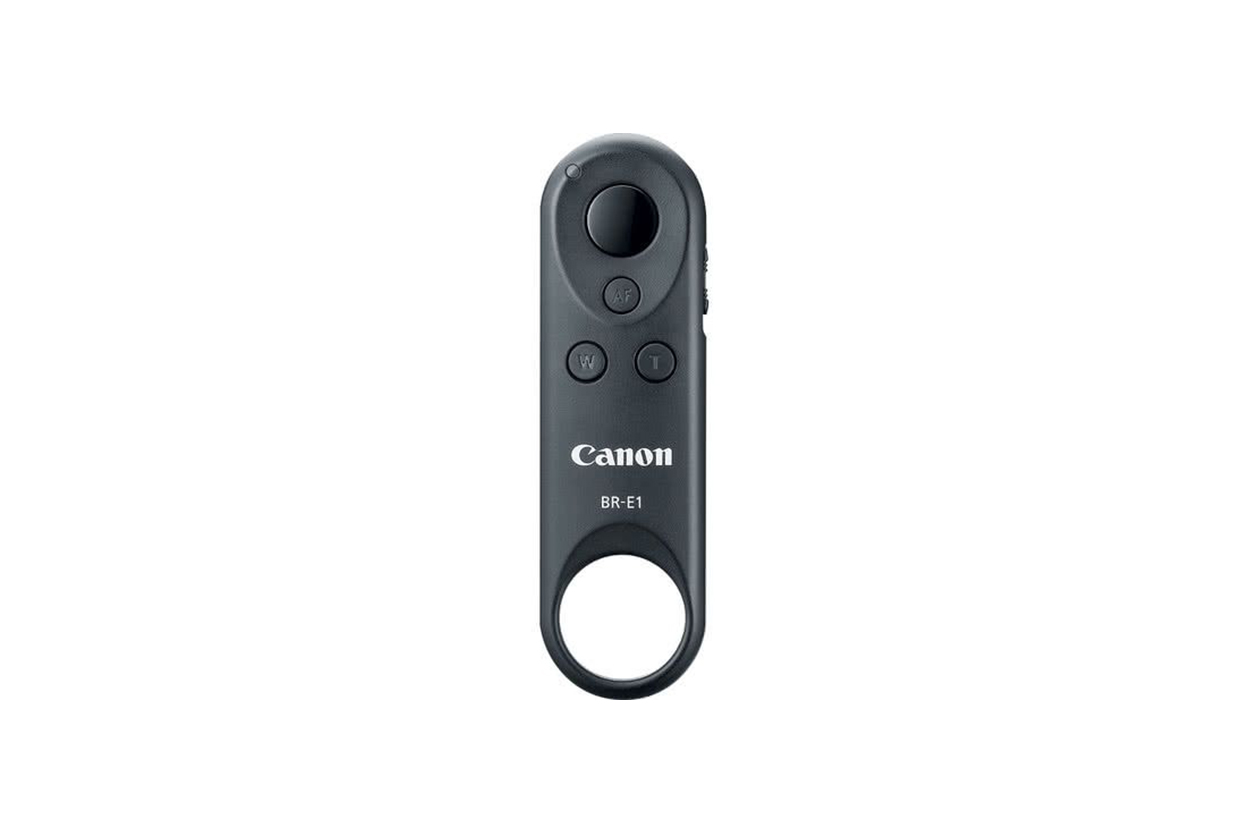
4
Smart Back Up Drive: "Gnarbox"
When out in the wilderness, it can often be days until we are able to download images to a laptop. Meaning that those beautiful photographs you shot on day one that haven’t been backed up can be exposed to the dangers of file corruption, damaged cameras or lost memory cards for some time! A great way to avoid this is to take a “smart” backup drive into the field. These nifty units like the Gnarbox 2.0 let you backup in the field. Simply plug your SD card straight into the unit and it will make a carbon copy of everything on it! The Gnarbox is water, shock and dust resistant and features a tiny screen so battery life is extended for days. Shop Gnarbox
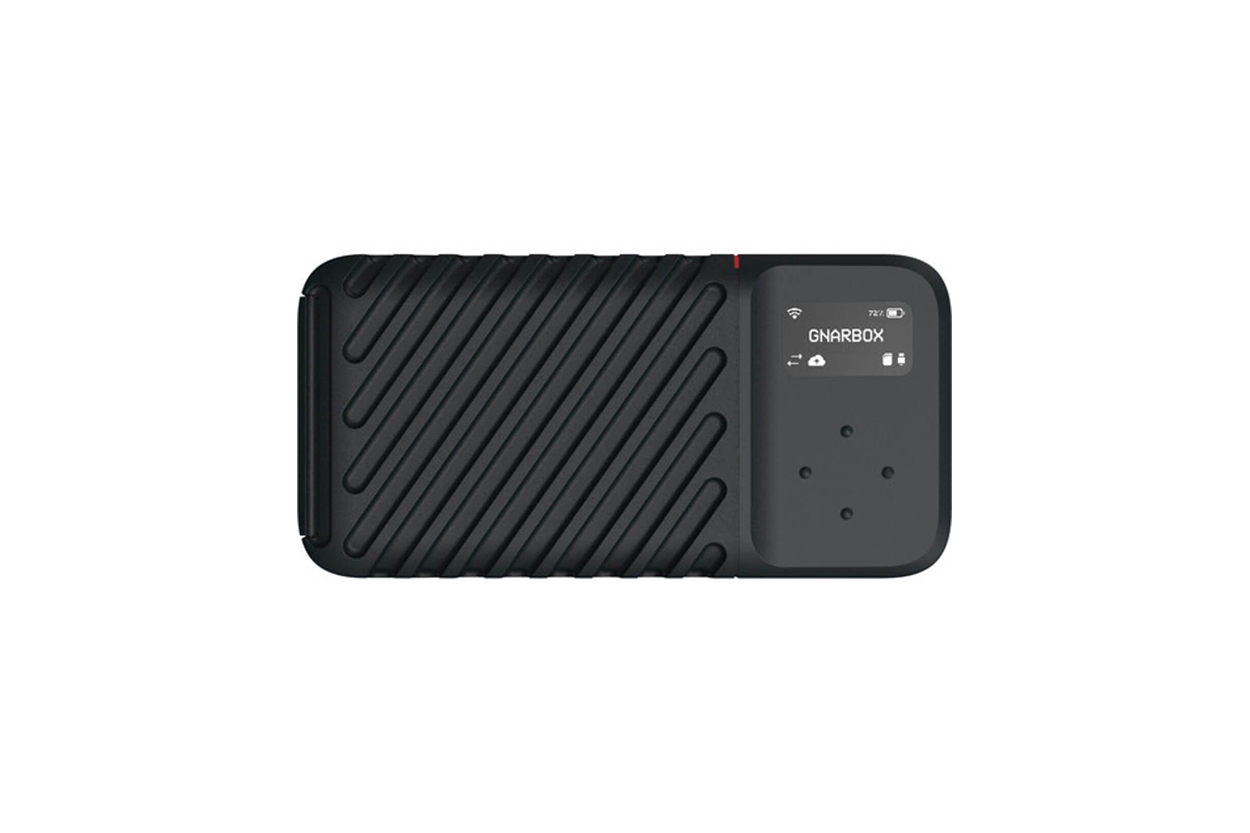
5
Wrist Strap
Almost all cameras come out of the box with a neck strap. Perfect for walking the streets or in the backyard. But when hitting the slopes or climbing a mountain, having a camera dangling from your neck ready to hit a rock is the last place we want it. Wrist straps are a great way to keep your camera safely tethered to your arm while walking and shooting at the same time. Wrist straps like this model from Peak Design are adjustable, durable and look great, too! Shop Wrist Strap
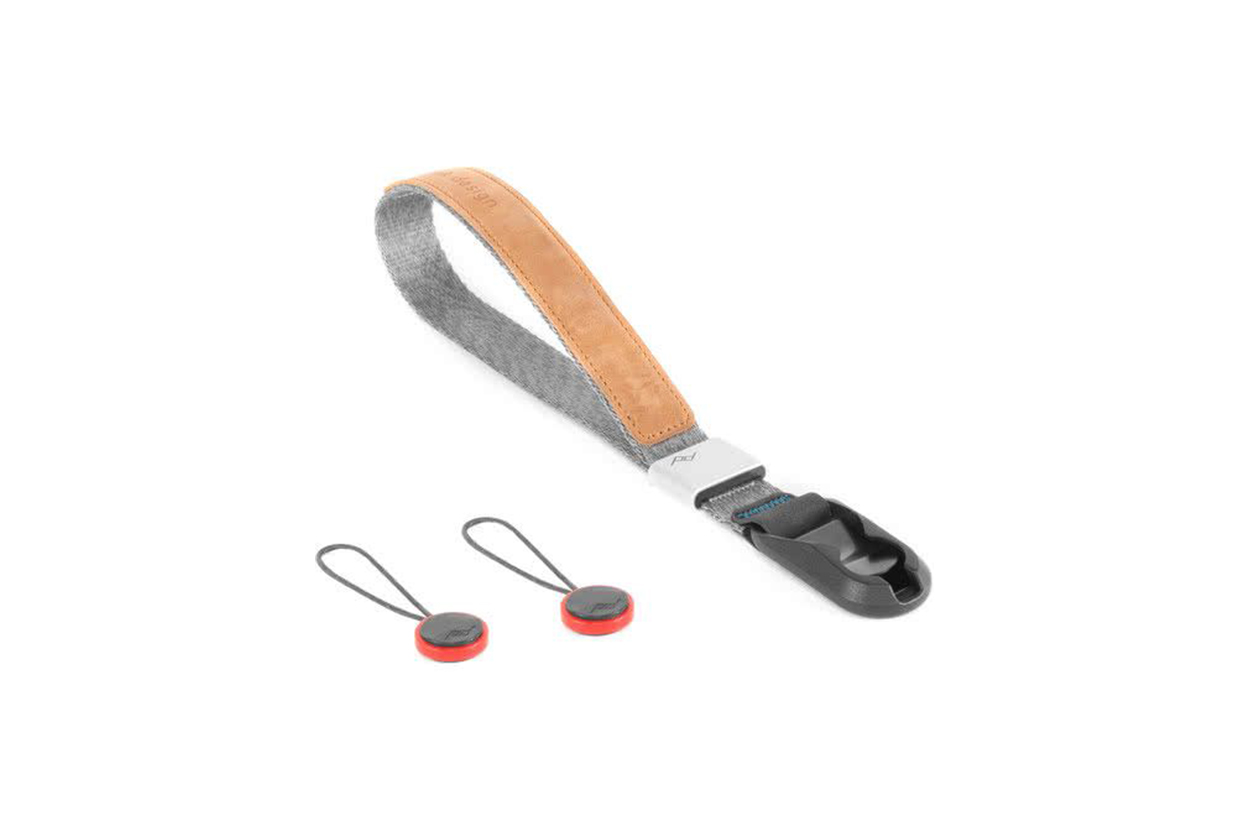
6
Binoculars
While a few lenses in your bag might already seem like enough glass to be lugging around the mountainside, a compact pair of binoculars are an essential for serious wildlife photographers and can often aid in safety and first aid scenarios. Whether spotting that rare bird species, sighting and planning your route or scoping for the best uncharted vantage points, a pair of binoculars can often mean the difference between finding or missing that rare opportunity in the wild. Shop Binoculars
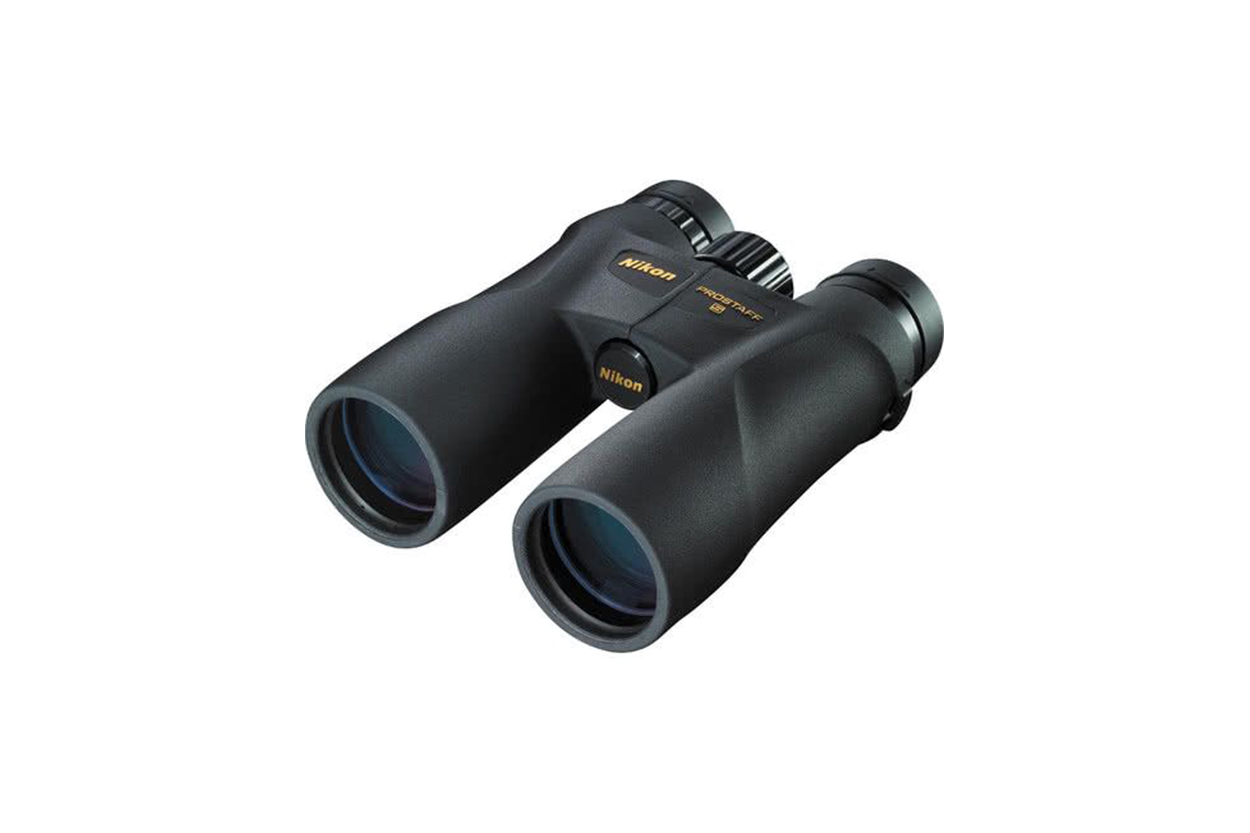
7

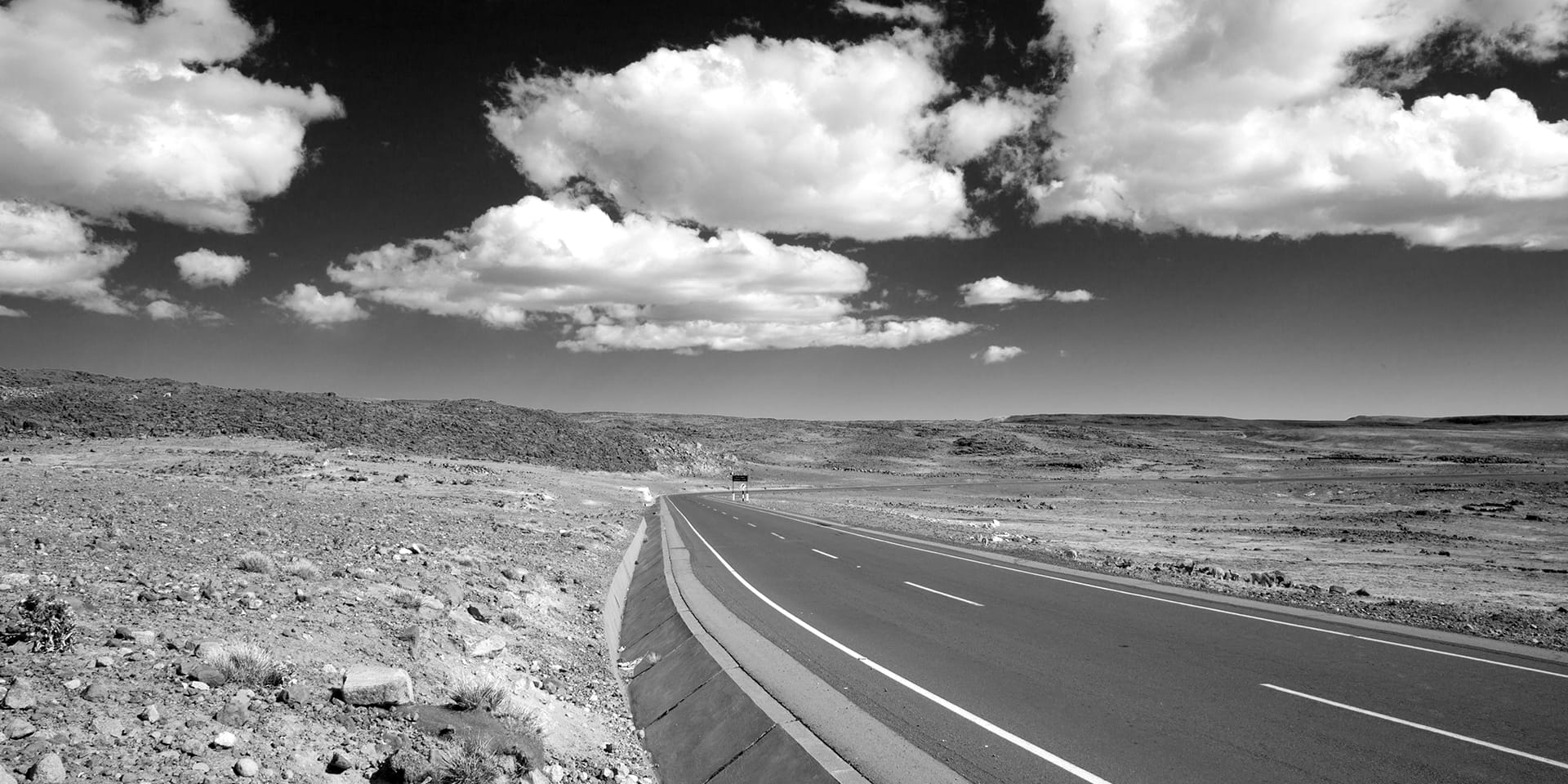

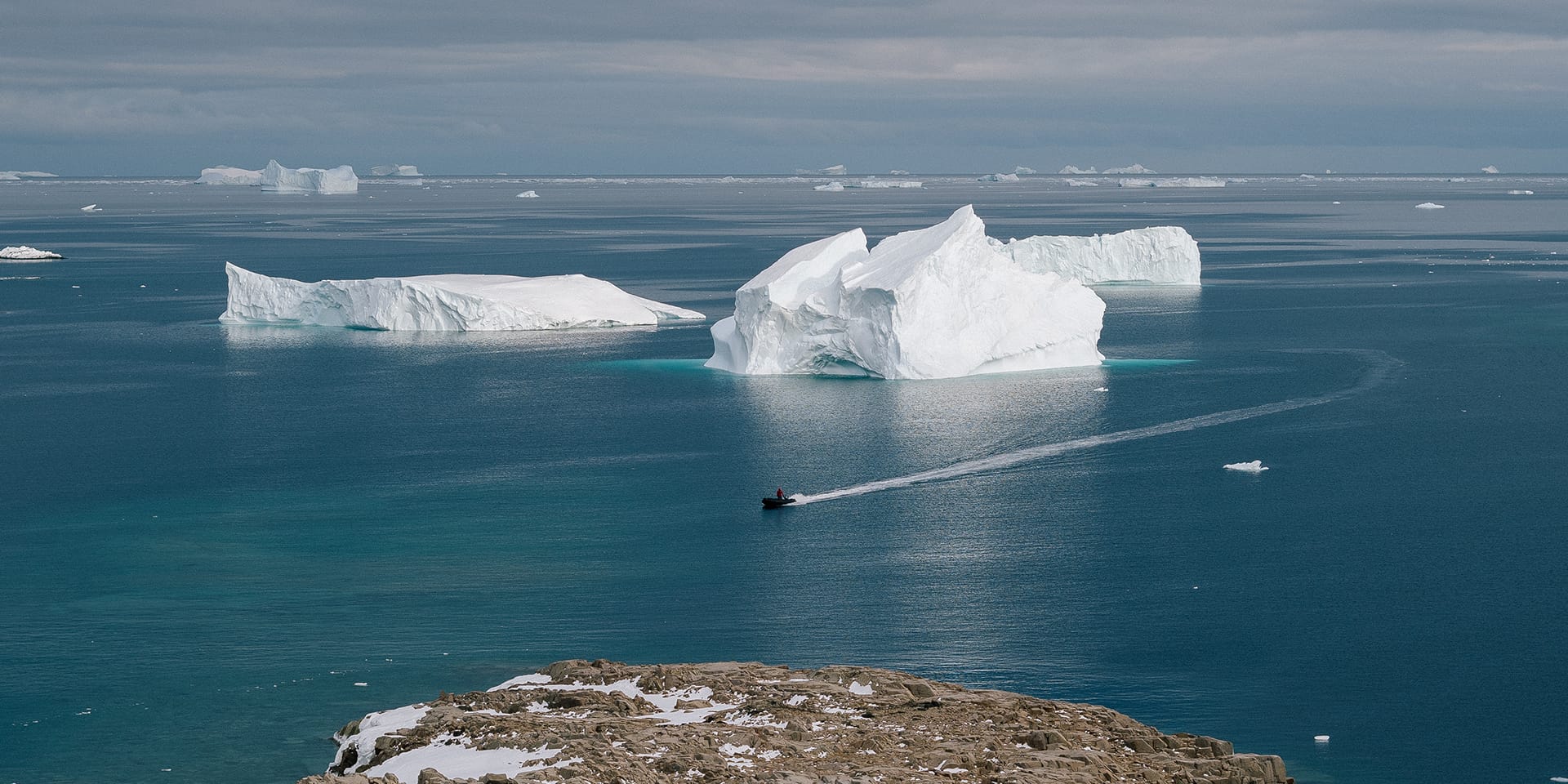
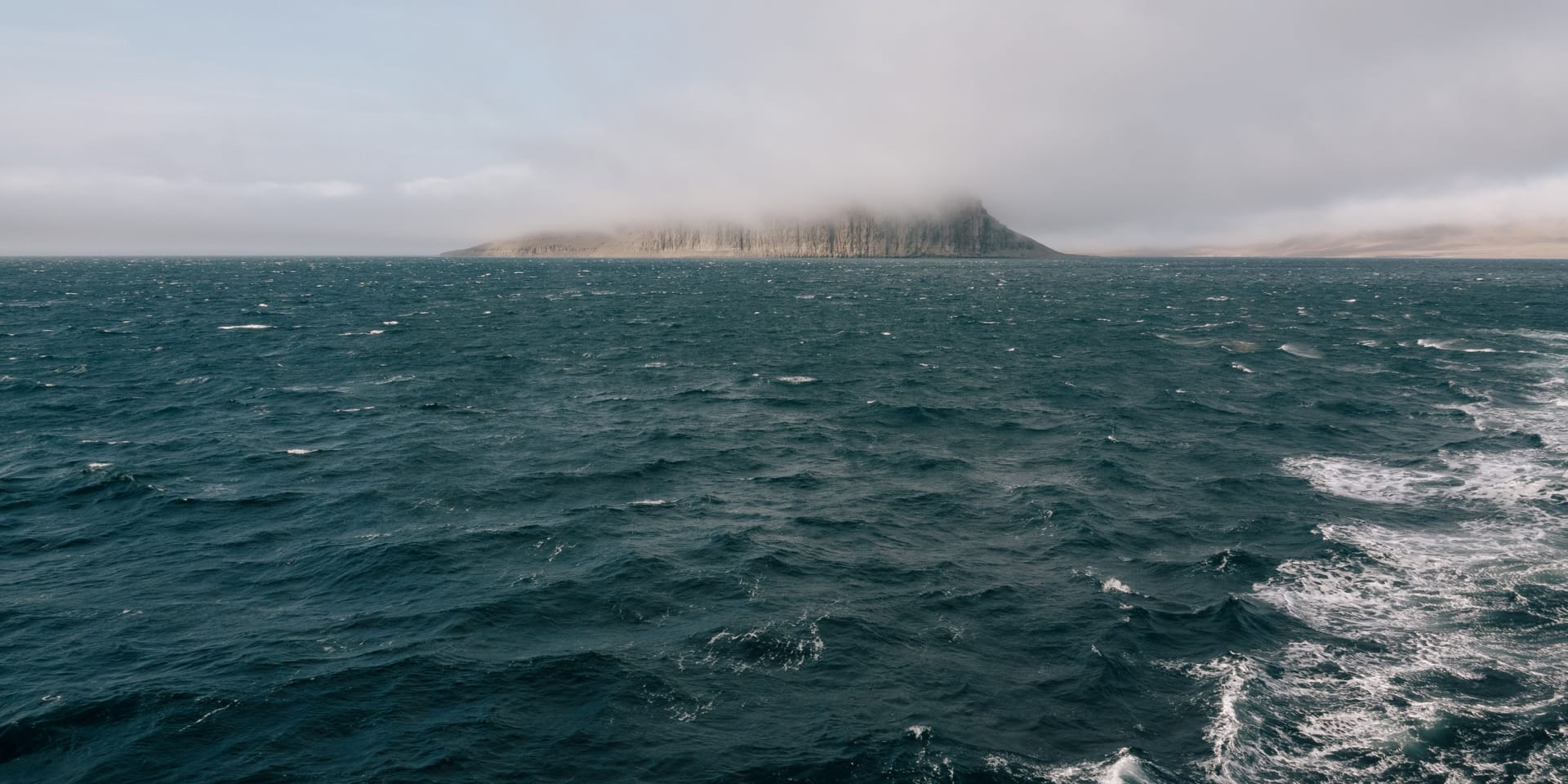

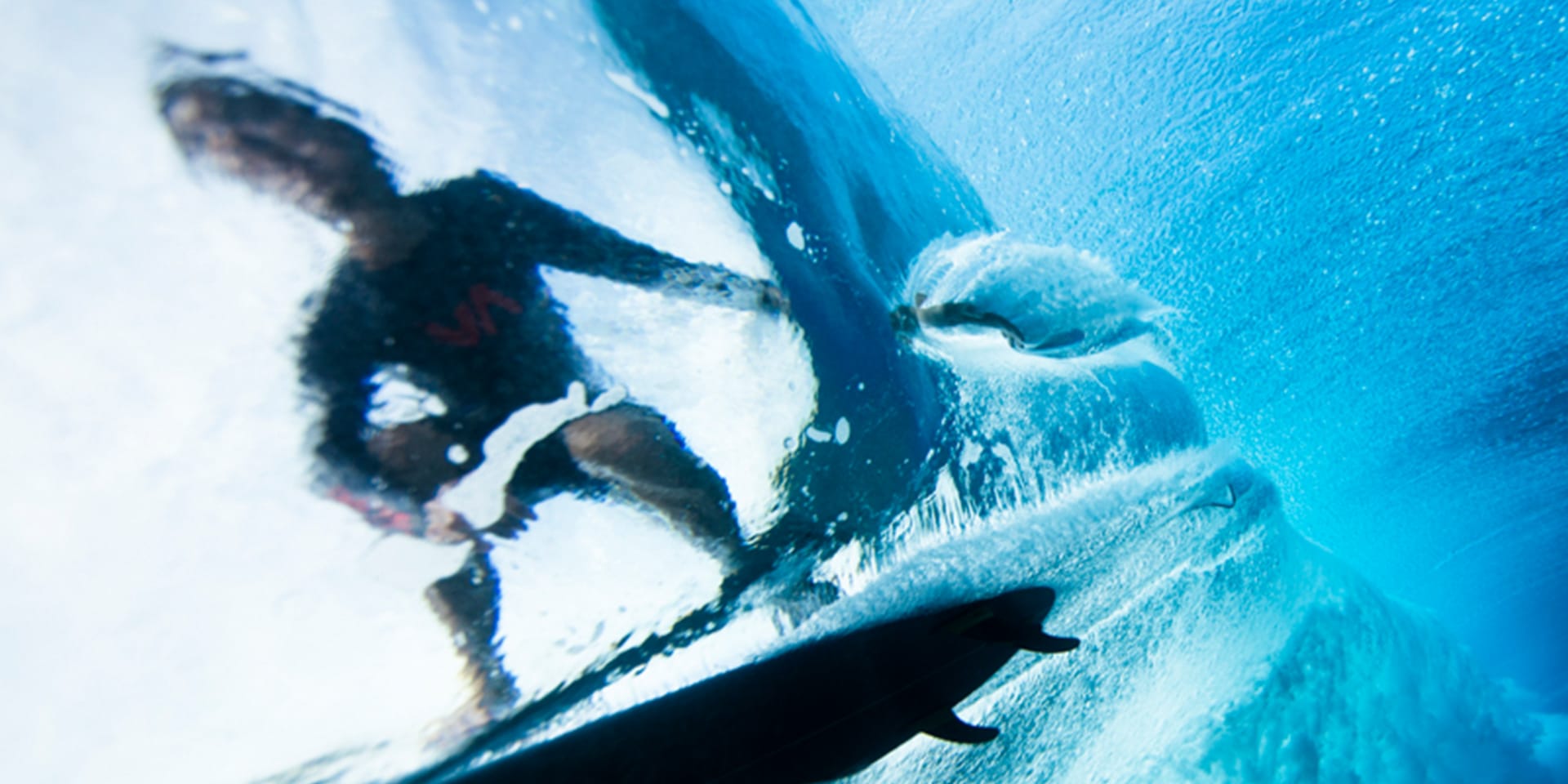
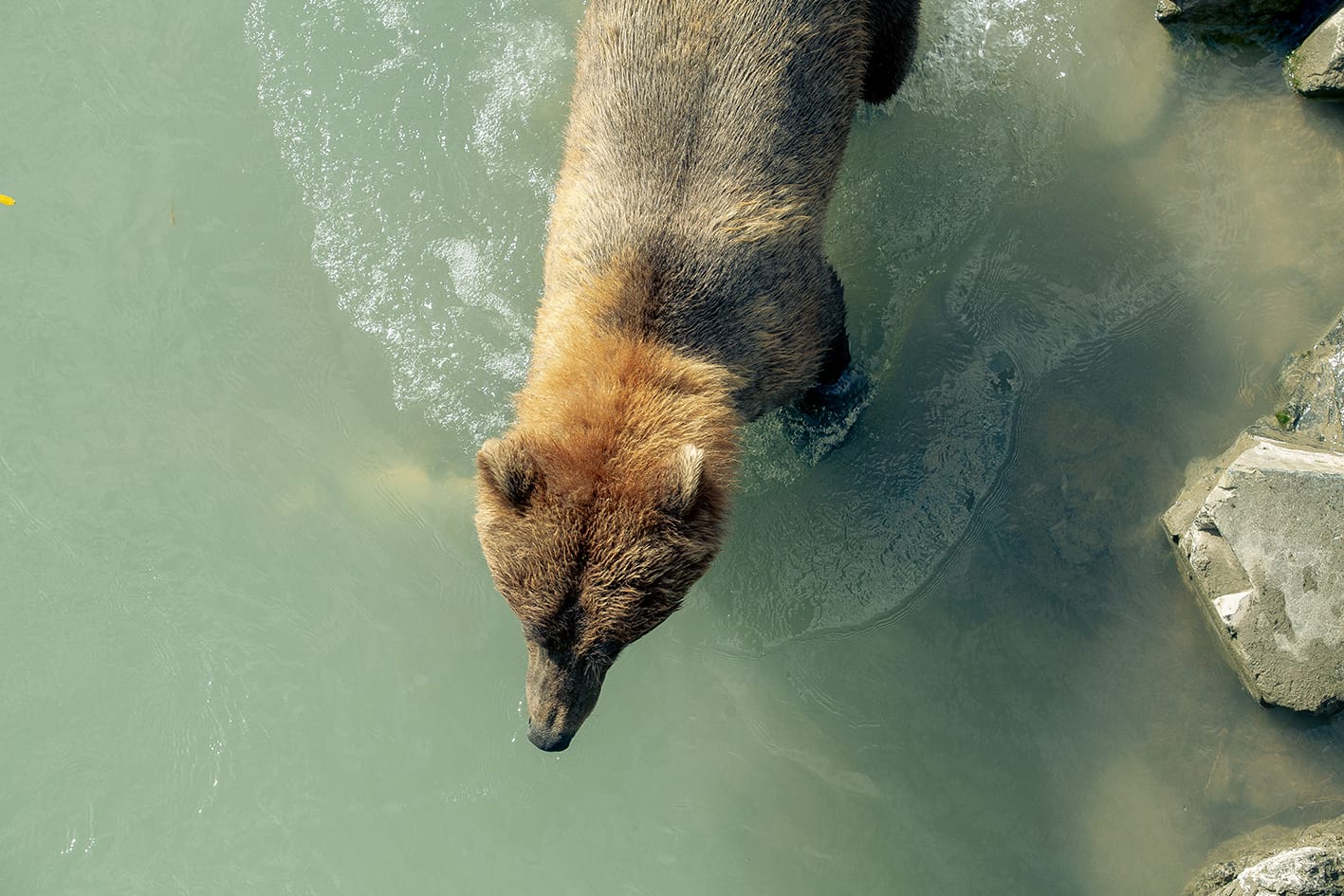
No comment yet, add your voice below!